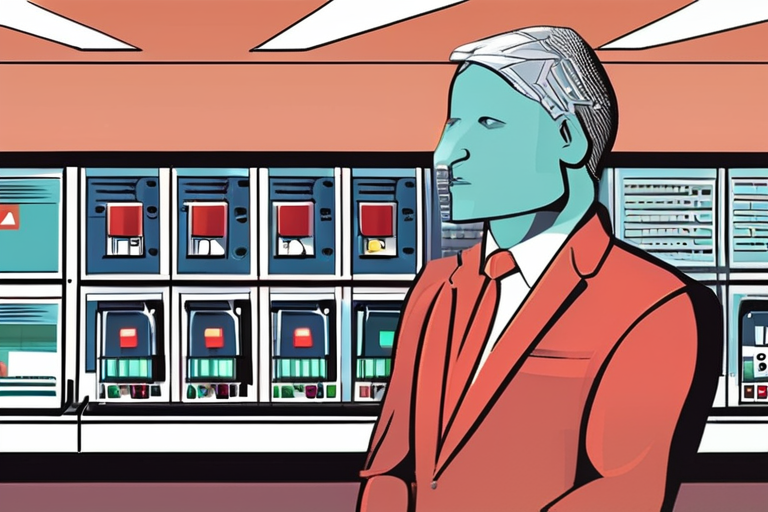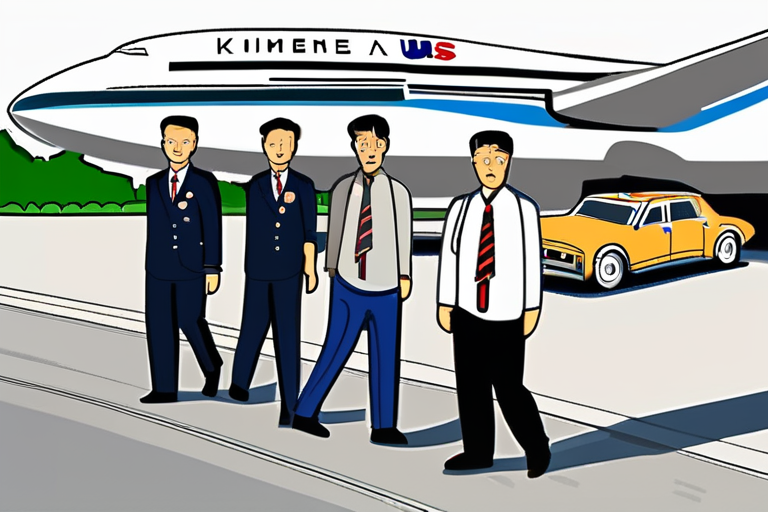"Deloitte Forced to Refund Aussie Govt Over AI-Generated Report Fiasco"


Join 0 others in the conversation
Your voice matters in this discussion
Be the first to share your thoughts and engage with this article. Your perspective matters!
Discover articles from our community

 Hoppi
Hoppi

 Hoppi
Hoppi

 Hoppi
Hoppi

 Hoppi
Hoppi

 Hoppi
Hoppi

 Hoppi
Hoppi

Breaking News: President Imposes $100,000 Fee on H-1B Worker Visas The White House announced today that President Donald Trump plans …

Hoppi

UK Cement Production Drops to Lowest Levels Since 1950s, Threatening Government's House Building Plan The UK cement production has plummeted …

Hoppi

South Korean Workers Detained in US Raid Arrive Home SEOUL, South Korea - More than 300 South Koreans who were …

Hoppi

A Deal in Sight: TikTok's US Operations May Be Sold to American Firms, China Sees It as a Win In …

Hoppi

Qatari Emir Slams Israel in UN General Assembly Address Doha, Qatar - In a strongly worded address to the United …

Hoppi

Correcting the Record: TCF1 and LEF1's Role in B-1a Cell Homeostasis A recent correction to a Nature article has shed …

Hoppi